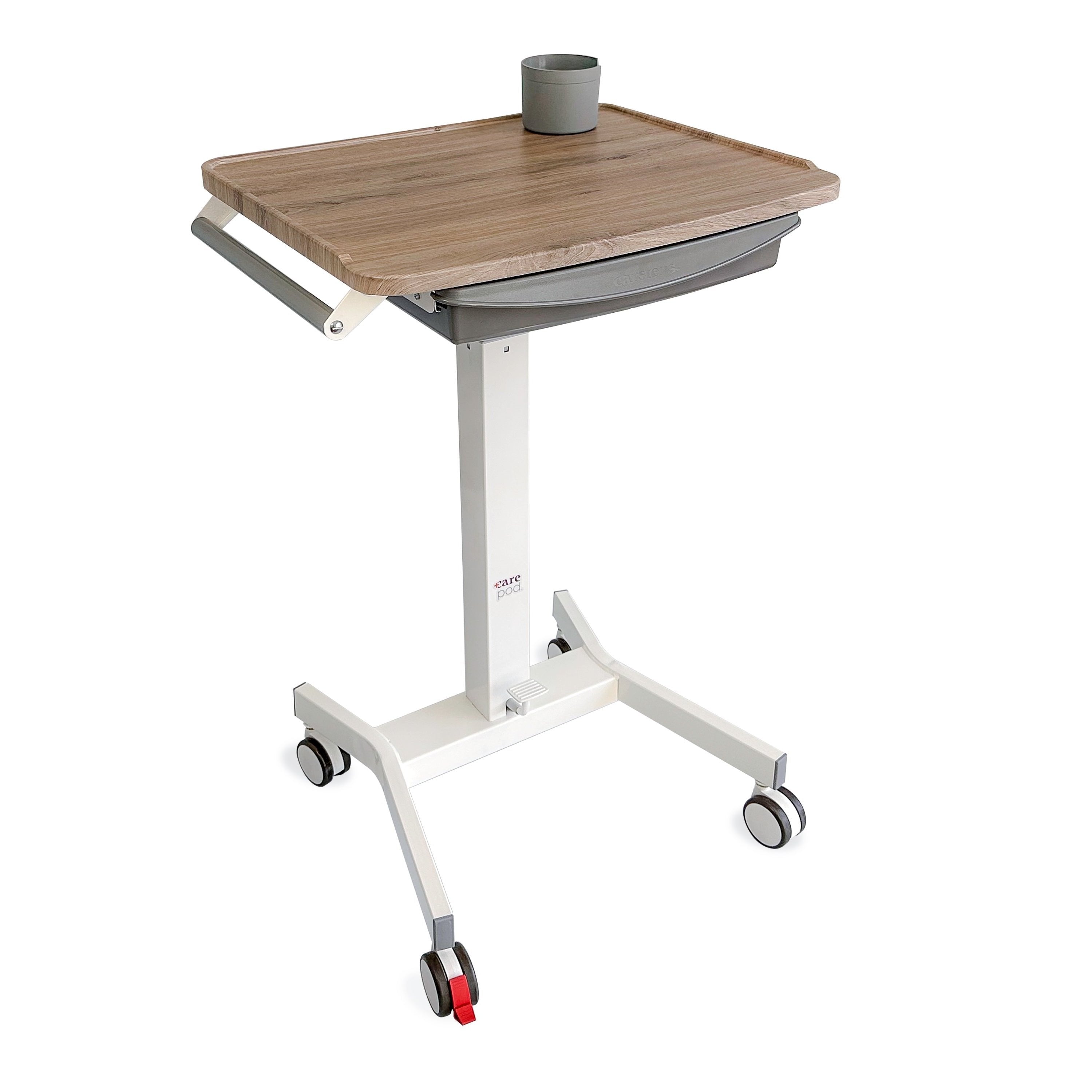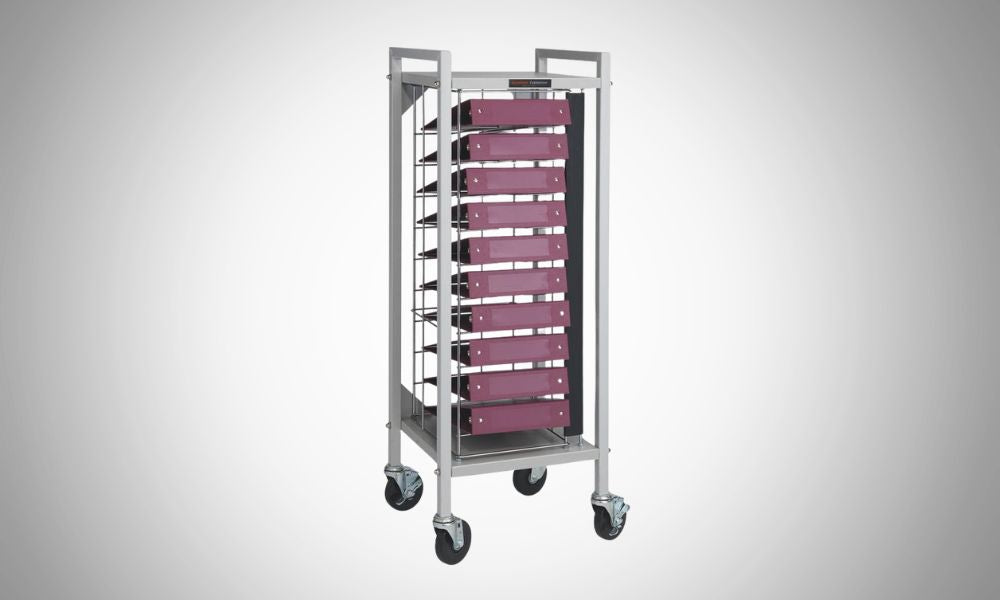As healthcare providers and industry professionals, we are constantly seeking ways to improve our patients’ quality of care. We look for effective strategies to address their needs, promote positive outcomes, and drive innovation. A human-centered approach to care has gained traction as an effective way to accomplish all these goals in recent years.
But what is a human-centered approach to care? How can it benefit both practitioners and patients alike? How can we integrate into today’s healthcare landscape? We can better appreciate the value of human-centered care in our modern healthcare system by understanding what it means and how it works. Let’s dive deep into this newer approach.
Understanding Human-Centered Care
A human-centered approach to care prioritizes patients’ needs, preferences, and values. It acknowledges that an individual’s physical condition, emotions, and social and cultural experiences influence their health and well-being.
Healthcare providers can address these various factors more effectively by putting patients at the center of their care, leading to better treatment outcomes.
Key Components:
- Empathy: Understanding patients’ feelings, needs, and concerns creates a more supportive and trusting environment that fosters healing and recovery.
- Collaboration: Encouraging ongoing dialogue and cooperation between patients, families, and healthcare professionals enhances care quality and helps prevent misunderstandings.
- Flexibility: Adapting care plans to suit individual patient’s preferences and beliefs results in a more personalized approach to treatment.
- Communication: Clear and open communication between healthcare providers and patients ensures everyone has the proper information they need to take part in decision-making.
The Role of Medical Record Dividers in Human-Centered Care
Efficient patient information organization is essential for personalized care, and an integral part of this process is using medical record dividers. These tools enable healthcare providers to access key patient information quickly, giving them more time to focus on patient care. This streamlines the healthcare process and supports a more human-centered care approach.
Why Is a Human-Centered Approach Important?
A human-centered approach places individuals at the heart of any design process or strategy. This approach prioritizes the needs, wants, and limitations of end-users. Here are the key benefits of using this type of approach.
- Improved Health Outcomes: Patients tend to invest more in their treatment plans when they feel heard, valued, and involved in their care. This increased investment can lead to better medication adherence and appointments, ultimately improving health outcomes.
- Reduced Burnout Among Healthcare Professionals: A more empathetic and collaborative environment benefits patients and reduces stress for healthcare providers, as they can see the direct impact of their work on the patients they serve.
- Lower Healthcare Costs: Human-centered care has the potential to reduce overall healthcare costs through more informed decision-making and targeted treatment plans.
Moving Forward With Human-Centered Care
A human-centered approach to care fundamentally redefines the dynamics within the healthcare industry. This model strategically positions the patient at the center of every healthcare decision and action, ensuring their providers prioritize their unique needs and experiences. The objective of this method extends beyond delivering physical care; it aims to provide a comprehensive healthcare experience.






